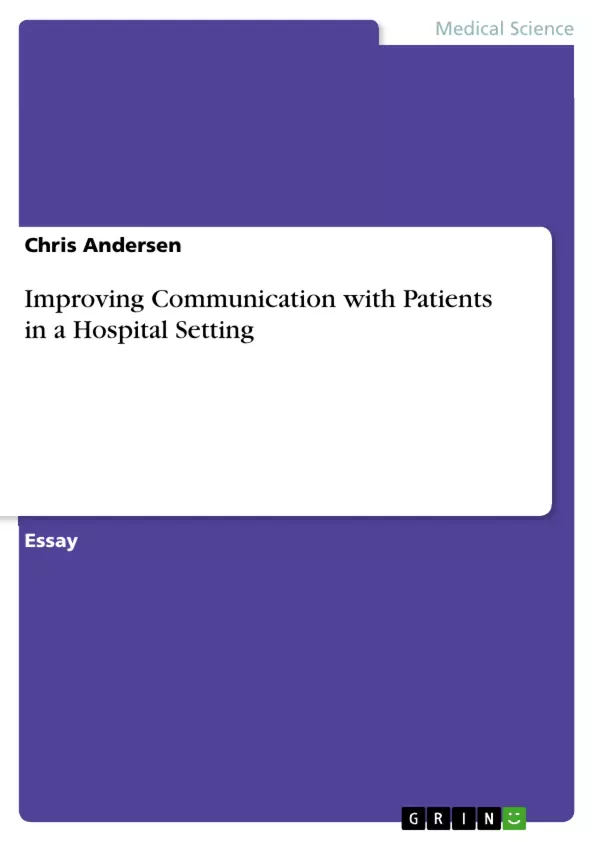During a hospital rotation in a geriatric ward, a notable incident highlighted the complexities of patient care, especially in the realm of pharmaceutical decision-making. A 90-year-old immobile patient's weight was absent from records, leading to a challenging situation when prescribing paracetamol. This absence of vital information introduced emotional and ethical dilemmas for the healthcare team, emphasizing the criticality of accurate patient records. Reflecting on this encounter, emotions of anxiety and concern were prominent, showcasing the profound responsibility healthcare professionals bear. Evaluating the incident revealed both strengths, like adaptability, and weaknesses, notably the healthcare system's sensitivity to information gaps. A subsequent SWOT analysis further delineated opportunities, such as enhancing interprofessional communication, and threats, like jeopardizing patient safety due to information deficiencies. This reflective process culminated in an action plan emphasizing the adoption of comprehensive patient information systems, bolstering communication among healthcare providers, and investing in professional development centered on ethical decision-making. Ultimately, this incident underscores the intricate nature of pharmaceutical practice and advocates for systemic improvements to ensure safer, patient-centered care.
Inhaltsverzeichnis (Table of Contents)
- Abstract
- Introduction
- Description
- Feelings
- Evaluation
- Analysis
- Strengths
- Weaknesses
- Opportunities
- Threats
- Conclusion
- Action Plan
- References
Zielsetzung und Themenschwerpunkte (Objectives and Key Themes)
This reflective piece aims to analyze a critical incident that occurred during a hospital rotation in a geriatric ward, highlighting the challenges and complexities of patient care, particularly in the realm of pharmaceutical decision-making. The incident underscores the importance of accurate patient records, the impact of information gaps on decision-making, and the need for robust communication among healthcare professionals.
- The importance of comprehensive and accurate patient information for safe and effective pharmaceutical decision-making.
- The impact of communication breakdowns and information gaps on patient care and ethical considerations in healthcare settings.
- The importance of interprofessional collaboration and communication among healthcare providers to ensure patient safety.
- The need for a resilient patient data management system and improved communication channels to address weaknesses in the healthcare system.
- The significance of ethical decision-making and professional development in navigating complex situations in healthcare.
Zusammenfassung der Kapitel (Chapter Summaries)
- Introduction: This chapter introduces the incident involving a 90-year-old immobile patient whose weight was missing from medical records, leading to challenges in prescribing paracetamol. The incident highlights the importance of patient records and the emotional and ethical complexities involved in pharmaceutical decision-making.
- Feelings: This chapter explores the emotions experienced during the incident, specifically anxiety and concern, highlighting the gravity of responsibility and the profound impact of missing patient information on decision-making.
- Evaluation: This chapter analyzes the positive and negative aspects of the incident, emphasizing the critical importance of accurate patient data, while also acknowledging the limitations of accessible information within the healthcare system. The chapter underscores the need for comprehensive patient profiles and improved communication channels among healthcare professionals.
- Analysis: This chapter delves into a SWOT analysis of the incident, identifying strengths (adaptability), weaknesses (system sensitivity to information gaps), opportunities (enhancing interprofessional communication), and threats (jeopardizing patient safety due to information deficiencies).
Schlüsselwörter (Keywords)
The primary keywords and themes of this work center around patient care, pharmaceutical decision-making, information gaps, communication breakdowns, interprofessional collaboration, patient safety, ethical considerations, and professional development. The analysis emphasizes the need for a systemic approach to addressing information deficiencies and fostering a collaborative and communicative healthcare environment.
- Quote paper
- Chris Andersen (Author), 2023, Improving Communication with Patients in a Hospital Setting, Munich, GRIN Verlag, https://www.hausarbeiten.de/document/1438547


